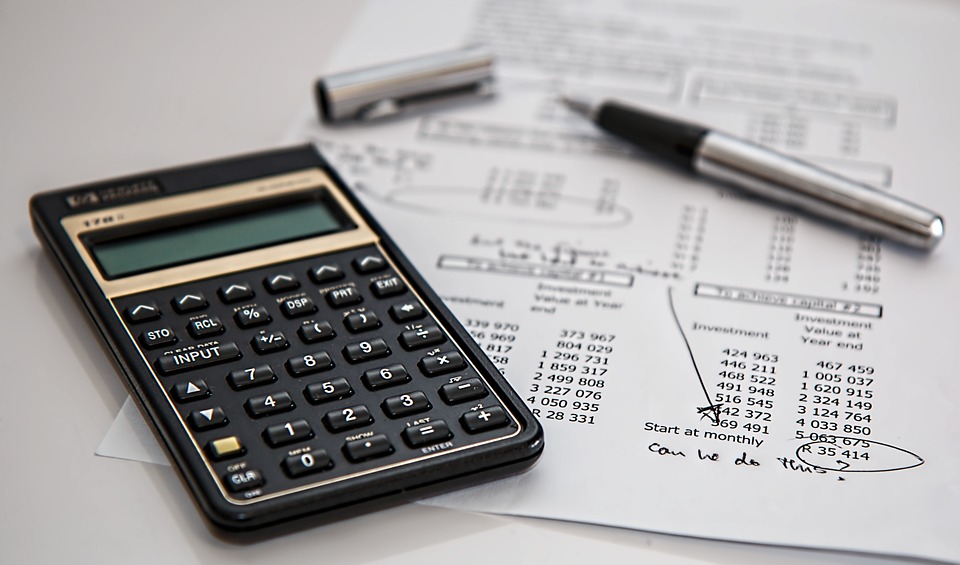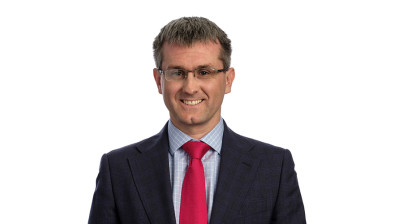Labour to raise CGT on shares while protecting buy-to-let and second homes

Chancellor Rachel Reeves is expected to increase capital gains tax (CGT) on the sale of shares and other assets, but will leave the rate on second homes and buy-to-let properties unchanged.
Capital gains on share profits, currently at 20%, are expected to rise by several percentage points, with ministers considering additional measures to boost revenue, The Times reports.
Russ Mould, investment director at AJ Bell, noted that this change, whether or not it goes through, may “cause some volatility in the run-up to the Budget” as “heightened speculation about CGT rates could accelerate share sales among wealthier individuals”.
The UK government aims to avoid austerity, with tax hikes and spending cuts contributing to plans to raise up to £40 billion. Revenues from the proposed capital gains tax increase could generate billions, primarily from the sale of unlisted shares in private companies. However, experts caution that increasing tax rates without reforming the system could lead to economic inefficiency and lower revenues due to changes in taxpayer behaviour.
Mr Mould continued: “If the rate change does happen, the most important thing for markets will be whether it comes into immediate effect on 30 October or the start of the new tax year. If investors have time to plan, we could see a steady trickle of portfolios being reshaped up until 5 April 2025 when the tax year ends, and that might weigh on markets over the next five or so months if there is a constant stream of selling.
“That could cause frustration among investors but also present buying opportunities if certain stocks have temporarily been depressed.”
He added: “The flipside of a CGT rate change is that it should encourage more people to maximise their ISA allowance so they shelter their capital gains from the taxman. We might also see greater interest in venture capital trusts where CGT can be avoided by meeting certain conditions.”
The Treasury is also said to be looking at reducing tax-free pension lump sums and targeting employer pension contributions to fill the budget gap. The tax-free allowance, which currently sits at £268,275, could be reduced to £100,000.








